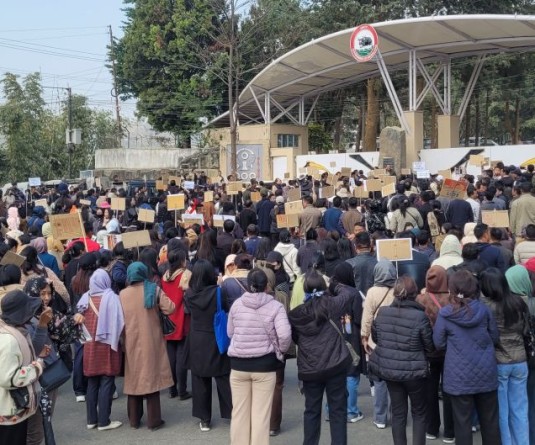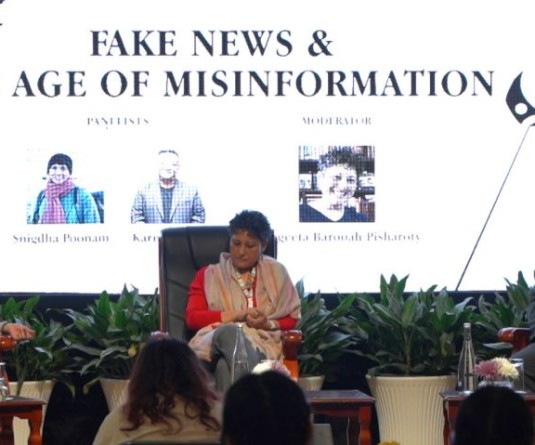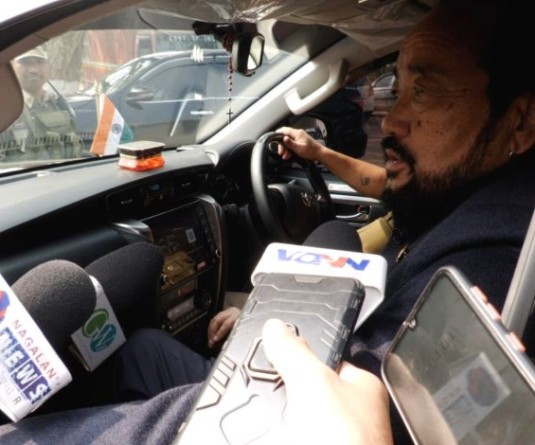
DIMAPUR, AUGUST 13 (MExN): The Dimasa Naisho Hosom has issued a statement in response to comments made by Civil Society Organisations of Peren district about Dhansiripar area traditionally belonging to Zeliang people.
A press release from the Dimasa Naisho Hosom brought to notice of the people and the government in regard to the reference of the Kachari settlement towards Dima (Dhansiri river).
“Prior to the arrival of Ahoms the Dimasa Kachari settlement is extended from Dikhow river to Kallang river and included the Dhansiri valley and present day Dima Hasao district of Assam. However there has never been a claim or dispute over the land despite the demographic changes occurred today,” it stated.
It said that the present day Dimasa Kachari are remnants of the Dimasa Kachari kingdom of Dimapur. As far as Dimasa Kachari villages on the Dima(Dhansiri) river valley is concern, most of the villages are recorded to be known to the Government from the early 20th century of which Dhansiripar erstwhile Maibiram and Manglumukh villages were established in 1906 and 1907 respectively and others were established around 1920s and 30s, it said.
It also said that “the claim of Kacharis paying tax to them time to time and mention of tea gardens is not known by the Dimasa Kacharis.” Other than approaching the Dimasa Kacharis of Dhansiripar Sub-division to join Peren district in the past there have never been any official dealings to substantiate the claim of paying tax to them, it said.
The Dimasa Naisho Hosom said that “we maintain peaceful co-existence from time immemorial with the Zeliangs even in Dima Hasao, erstwhile NC Hills, in Assam, needless to mention that Dimasa even sings song in Zeme dialect during our Hangsho Busu festival even today which is a proof of our brotherly relationship.”
It made clear that “we never ever accepted or acknowledged the traditional ownership of others over our land even in the past.” “Maibiram was the founder of Dhansiripar village and a Mauzadar during the British rule and he was not from Doyapur village as claimed. We believed in peaceful co-existence and desire to live as equals not as unwanted and second class people. Our forefathers knew about Zemes and Angamis and they were taken as a single entity by the Dimasas from time immemorial,” it added.






